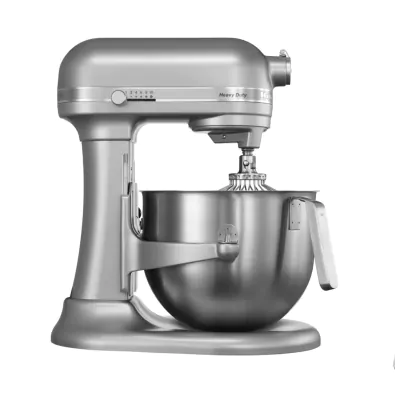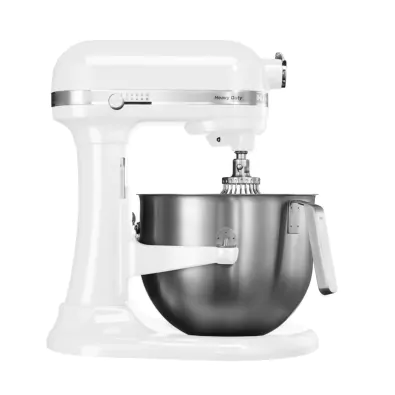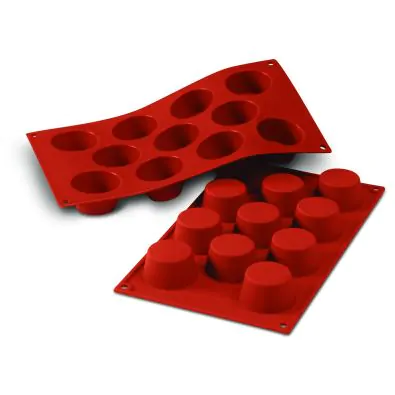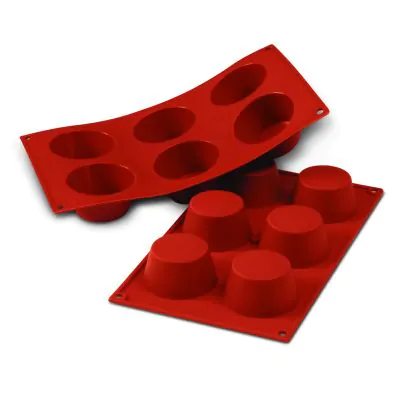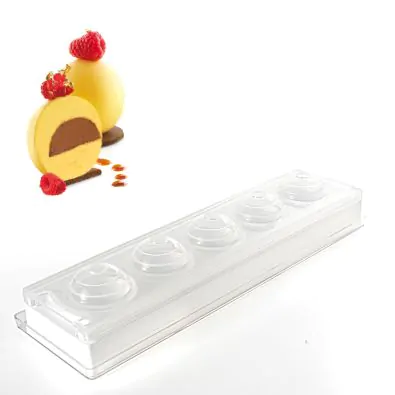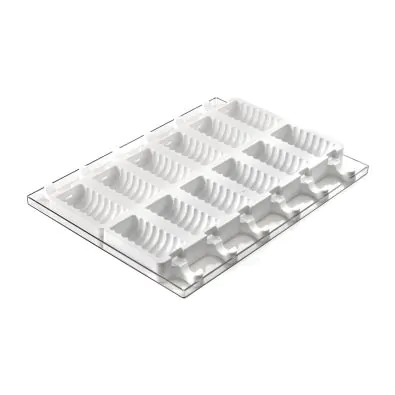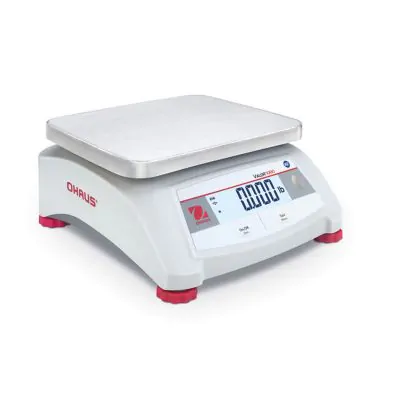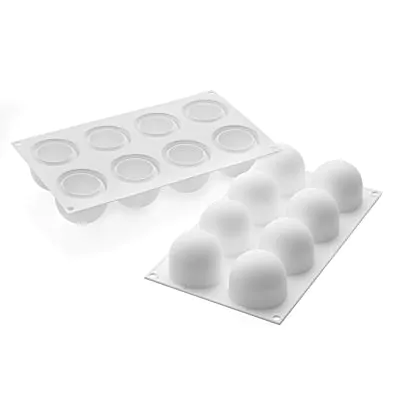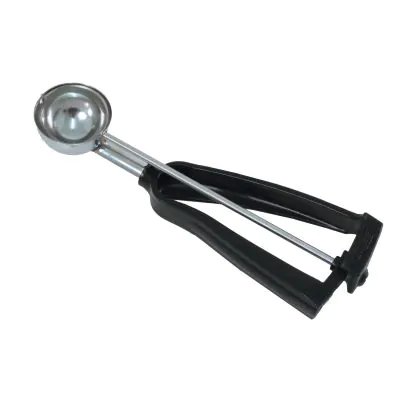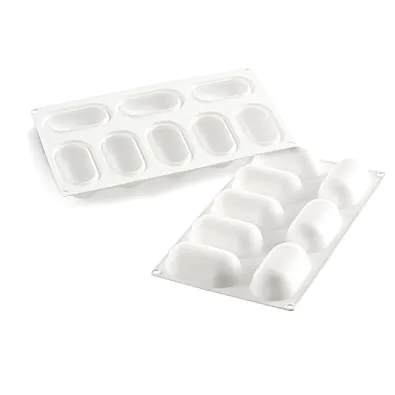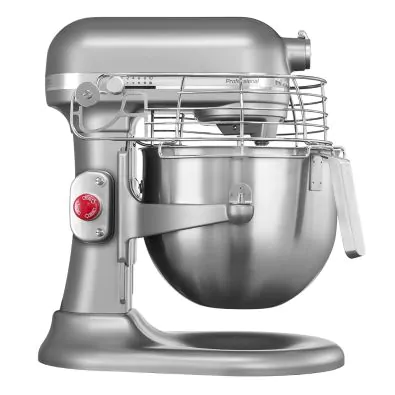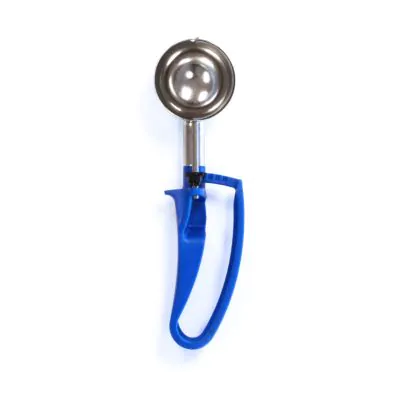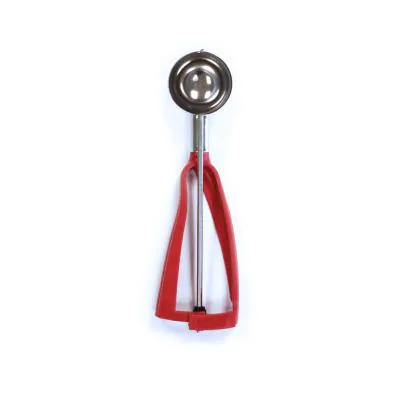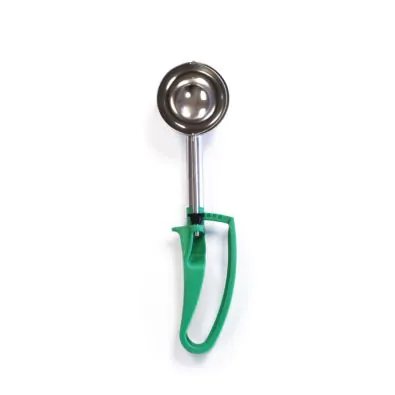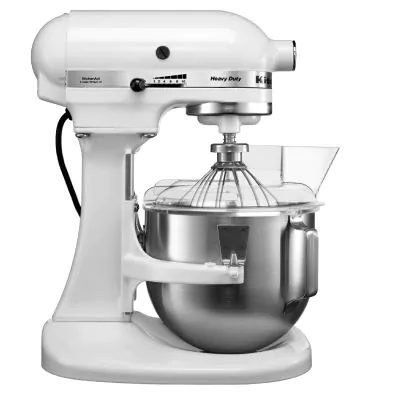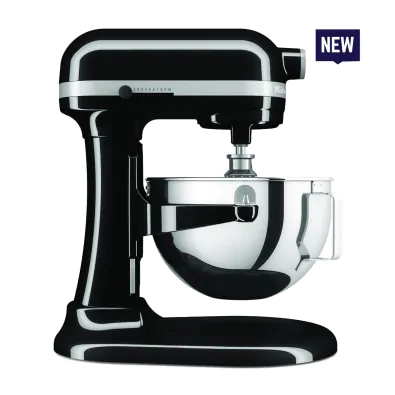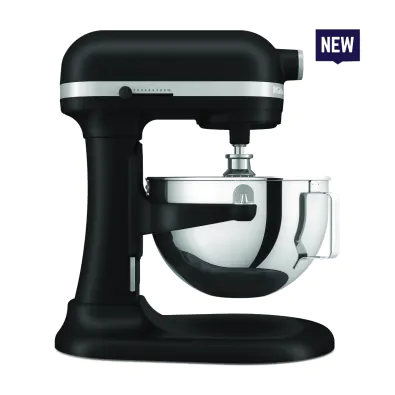Bake your dreams into a reality: how to start a cake business from home
Don't have an account?
Creating an account has many benefits: check out faster, keep more than one address, track orders and more.
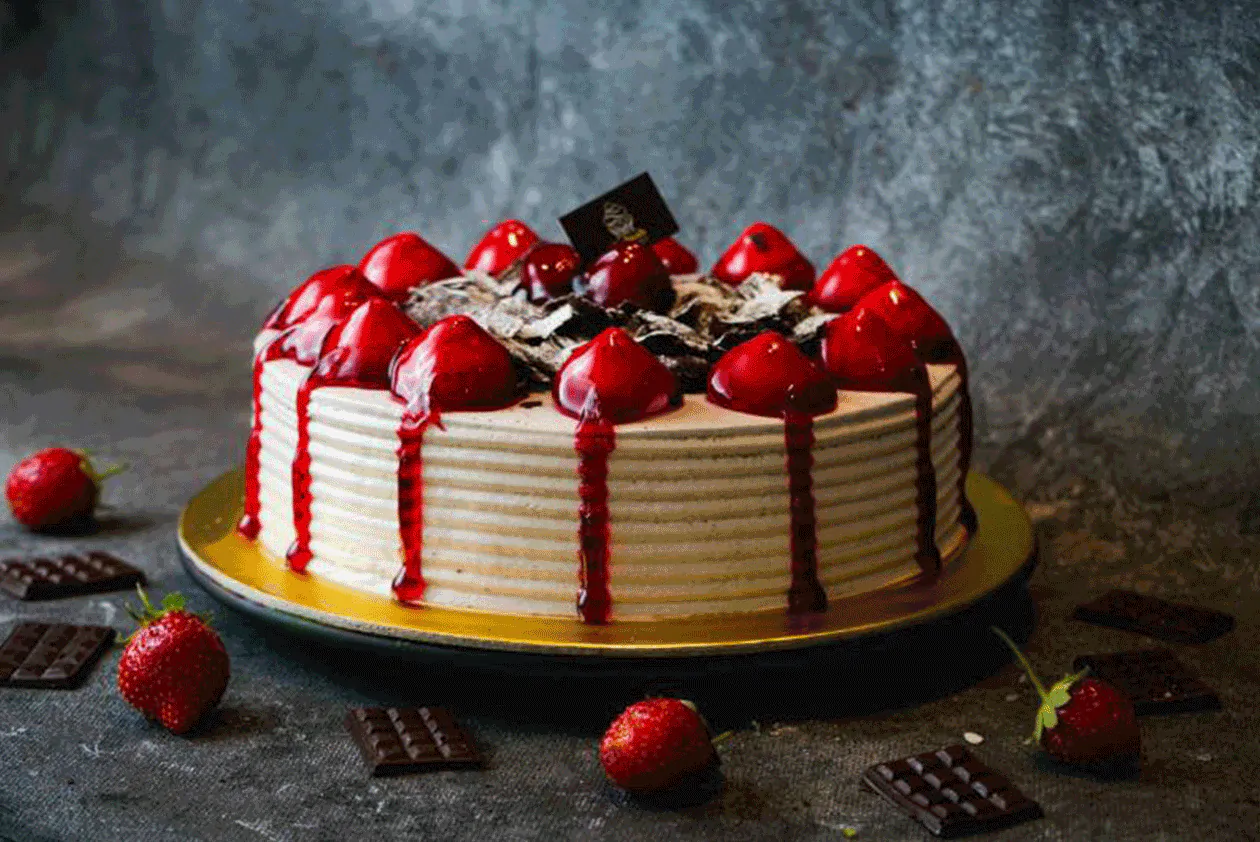
Hungry for a slice of success? You wouldn’t be the only one. If you’re thinking about starting a cake business from home, you’ll be joining the ranks of the 5.6 million small business owners currently operating across the UK (UK GOV).
Recent research by Forbes has shown a consumer preference for supporting small food businesses, with over a third of shoppers surveyed choosing to shop small when it comes to their food and groceries.
You know what they say: if you bake it, they will come. But there are a few things you’ll need to do before you can start monetising your passion, including sourcing the correct equipment, getting the necessary permissions, and creating a solid business plan.
This detailed guide will teach you how to start a cake business from home, covering everything you need to know, including:
- The benefits of starting a cake business
- Writing a solid business plan
- The legal requirements for starting a cake business from home
- Health and safety
- The equipment you’ll need to start a cake business
Why start a cake business?


While exciting, starting a business of any kind is a big commitment. You might love whisking up bakes for family and friends, but if you want to start a serious business, you should be sure it's right for you and your lifestyle.
So, what are the benefits of starting your own cake business?
- You can work from home. Love remote working? The great thing about setting up a cake business from home is you can work out of your own kitchen, with customers coming to you to pick up their orders. You can even convert a part of your home into a shop front — but more on that later.
- Hours are flexible. Many bakers start a cake business as a side hustle, fitting it around a second job or other responsibilities. It’s really up to you how many clients you want to take on. If it’s viable, you might choose to turn it into a full-time gig, too.
- You can work as a sole trader. One advantage a cake business has over a catering business, for example, is that it's well-suited to working solo. You usually won’t need a fleet of staff if you’re specialising in celebration cakes
- Initial costs are low. If you’re opening up a restaurant or café, you’ll have to cover the cost of everything that comes with that, such as renting, refurbishing, and maintaining the premises. When starting a cake business from home, you can work with what you’ve got, keeping running costs down.
Creating a business plan


Now to get into the nitty-gritty. The first thing to do when starting a cake business is write up a business plan. It’s essential if you’ll be pitching your idea to potential partners or investors, but even if it’s just going to be you for now, your business plan will set the benchmark for measuring your business's performance, so it needs to be comprehensive.
A good business plan will help you establish priorities, identify objectives, and spot any potential problems before they occur. Most importantly, it will detail how you’re going to finance the business, and how you’re going to make money.
You can download a free business plan pack from the Prince’s Trust website, which includes a template and some handy tips for getting started.
Research your competition
Before you go charging ahead with your business concept, you need to know what else is out there. The likelihood is that there’ll be at least a couple of other bakeries in your local area, so it’s a good idea to research their products, their pricing, and their customer base. What are your competitors doing that’s working well? How do they market themselves to potential consumers?
Know what makes you unique
With thousands of bakery businesses in the UK, you’ll need a strong concept to stand out. Did you spot any gaps in the market while you were scoping out the competition?
A great example of a cake business with a unique concept is Cake Box, whose founder identified a market gap for egg-free celebration cakes. What started out as a single store in 2008 has since been franchised, turning over a hefty £37.84 million in sales in the financial year ending March 2024 (British Baker). Pretty amazing, right?
However, you don’t need to be a free-from fanatic to be a cut above the competition. The idea is to offer customers something they can’t get elsewhere. Maybe you’ve identified a need for wedding cakes in your local area, or you’ve got a great idea for a quirky theme.
Identify your target market
Think about the products you’re offering, and what kind of people might be interested in purchasing them. What are some of their uniting factors? Do they have any dietary requirements? What age and gender are they likely to be, and what impact might that have on the kind of cake they’d prefer?
It’s also a good idea to think about how much money your target demographic will be willing to pay for the product. For example, a couple shopping for their perfect wedding cake might expect to pay a bit more than a mum or dad ordering a kid’s birthday cake.
Building your brand identity
Offering a great product is one thing, but your branding shapes how customers interact with the business and can be what makes or breaks a customer experience.
While coming up with cake business names and designing beautiful logos can be fun, you should think about the customer journey in its entirety when establishing your brand’s style and message. Everything should feel cohesive, from product to packaging to digital
presence. Even the way you deal with clients should feel in keeping with the brand identity.
Marketing your cake business
With your target audience established, it’s time to think about how you plan to reach them. You might gain a lot of sales through word of mouth, especially if you’ve garnered acclaim amongst family and friends as a brilliant baker. To really build out that client base, though, you’ll need a marketing strategy.
In today’s digital age, having a strong social media presence is important for reaching a wider audience. Whether you choose Facebook, Instagram or Twitter, your social media account acts as a virtual storefront, a place where you’ll show off your baking portfolio and attract new clients.
Offering up free samples can be another good way to whet appetites. Consider setting up a sampling table at a busy local event, such as a farmer’s market or a garden party (just be sure to acquire permission first, of course). Bring your best bakes and don’t forget signage and business cards to make it really clear to passers-by who you are.
Rules and regulations when starting a cake business
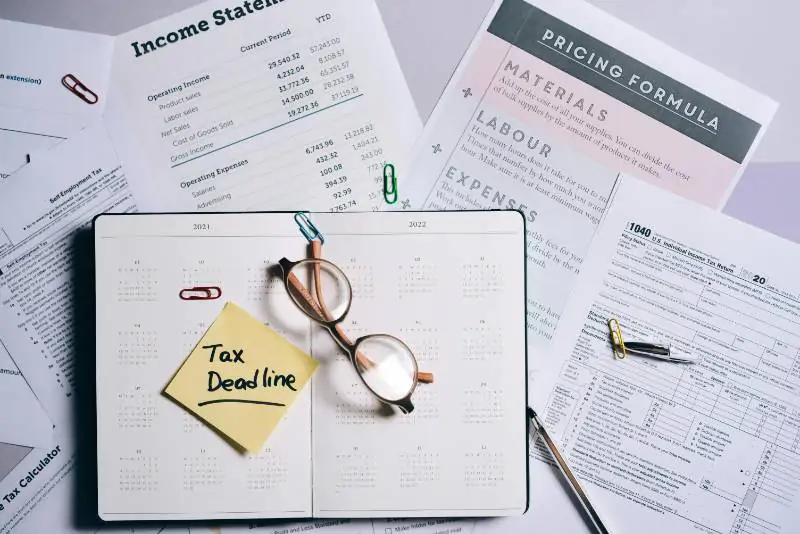

So, now you’ve got your unique concept, what’s next? As with any business, there’s a bit of admin involved in setting up and registering your cake business, but don’t be daunted — it’s simpler than you think. Read on to find out exactly what’s needed to get you trading legally and safely.
Registering your cake business
Like any business where food and drink is handled, prepared, and sold, you will need to register with your local authority when you start a cake business. If you’ll be running your business in the UK, you can register via the government registration portal. Make sure you register at least 28 days before you begin trading. If you’re taking over an existing cake business, you still need to register.
When you register as a food business with your local authority, you’ll register the location you’ll be trading from, whether that’s your very own kitchen, or elsewhere. If you know you’ll be operating out of multiple premises – for example, both your home and out of a van or stall, you will need to register each location separately. The good news is it’s free to do.
Reporting your earnings
Since you’re going to be self-employed, you’ll need to register for Self Assessment so you can report your earnings to HM Revenue and Customs (HMRC). It’s very important that you do not forget to do this, as doing so can result in a hefty fine! You can find more information on registering for Self Assessment via the government portal.
Some of your business expenses will be tax deductible: for example, your utility bills if you’re working out of your home, and some advertising fees. These can be included in your annual tax return. Check HMRC’s guidance for a full rundown of what you can claim.
It’s worth noting that if you claim Universal Credit, you’ll need to report any income and expenses from your cake business each month, so make sure you keep accurate records of your earnings.
What if you’re going into business with a partner?
You might be planning on starting your cake business with a partner. If so, you should register as a partnership with HMRC. Each partner of the business must fill out an individual tax return, but you will also need to send one as a partnership. Normally, this will be done by the nominated partner.
Getting permission
If you’re going to be starting a cake business from home, you may need to obtain permission from your landlord, mortgage provider or local council if you live in a council property. Check your tenancy agreement for any legislation that prevents you from running a business out of your home.
If you own your home and are planning to make alterations to the premises, you may need permission from the local planning authority. You can find out how to contact your local planning authority at the Planning Portal.
Paying business rates
If you are planning to carry out work on your home for your cake business, you may need to pay business rates, which is a tax paid on non-domestic properties. Check who does and doesn’t have to pay business rates on the government website.
Find out if you need business insurance
Even if you have home insurance, it won’t necessarily cover your business. To find out what you need, read the Companies House quick guide to insurance for small businesses.
Health, safety and food hygiene
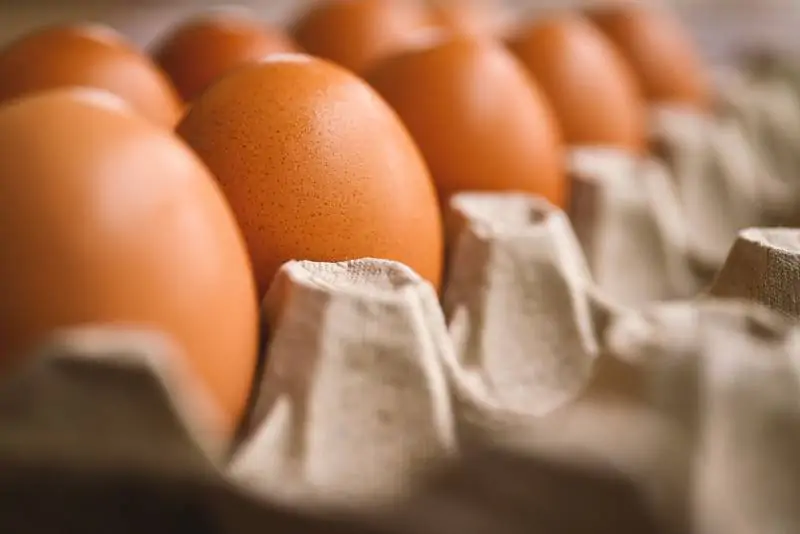

Now that you’ve registered your cake business, local authority officers may arrange to visit your home to carry out an inspection. You’ll need to ensure your cake business is up to code when it comes to food safety, so make sure you’re doing the following so that when the inspectors come knocking, you’ll pass with flying colours.
Provide allergen information
As a food business, you must provide your customers with accurate information about allergens contained in the cakes you sell. There are fourteen allergens that must be labelled in accordance with the law.
You must also take care to avoid cross-contamination, ensuring that any utensils are cleaned between uses and that your ingredients are kept properly sealed and separated. It’s a good idea to keep a record of any suppliers you purchase ingredients from, too, in the event of a problem with food safety.
Read the government allergen guidelines for food businesses for more information and food laws and best practices.
Follow the four Cs
According to the FSA, the most common safety concerns when it comes to food hygiene come under four key areas:
- Cleaning: All surfaces, appliances, and cookware should be cleaned and disinfected regularly. You should also be washing your hands frequently with hot, soapy water.
- Cooking: Salmonella poses a serious risk to your customers. To kill harmful bacteria, it’s imperative that you cook everything to the correct temperature and that you follow cooking time guidelines.
- Cross-contamination: Separate ingredients into sealed containers when storing. To avoid the transfer of bacteria from one surface to another, use separate chopping boards, knives and utensils where appropriate. It’s a good idea to colour-code chopping boards and other equipment to separate raw and cooked meat, fish, and fruits and vegetables.
- Chilling: Ensure fridges are kept at 5°C or below and freezers at –18°C to prevent bacterial growth and to preserve freshness.
Conduct a risk assessment of your workplace
Accidents happen in busy kitchens. To reduce the risk of injuring yourself or employees, it’s advisable to have a written health and safety policy in place. This is not a legal requirement if your business employs less than five people, but it’s still good practice.
For guidance on how to manage risk at work, read HSE’s guide.
You may want to complete food hygiene training
This isn’t a legal requirement, but it does make you look more attractive to prospective customers, helping demonstrate that you’re taking their safety seriously. Food hygiene courses start at around £10, so it’s definitely worth it for that extra piece of mind.
For in-depth guidance on food safety and preparing for an inspection, take a look at our guide on how to prepare for an EHO food safety inspection.
What equipment do I need to start a cake business?
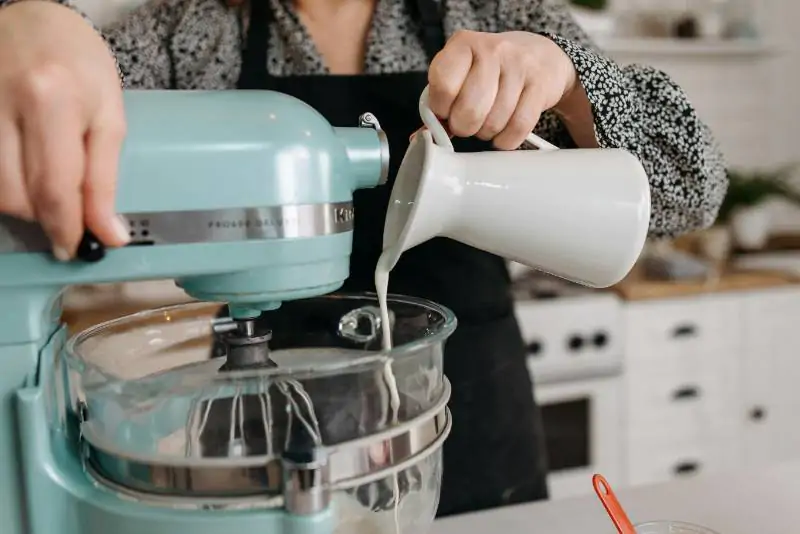

Now you’ve dealt with the legal side of things, you need to get kitted out with all the utensils and equipment you’ll need to prepare and decorate your cakes and confections.
If you’re already a seasoned baker, you might have a lot of your own equipment already. Take an inventory of what you’ve already got (and ensure it’s in good working condition!), then make a list of what else you’re going to need for your cake business. Be sure to source everything in advance of getting started so you don’t get caught short in your first weeks!
Exactly what tools you’ll need will depend on the type of cakes you plan to make, but we’ve written you a handy list of the essential equipment every cake business owner should have:
Measuring equipment
Baking is your art, but it’s also a science. A good set of scales ensures accuracy when it comes to measuring out your ingredients, helping avoid any quantity blunders. Our scales are highly accurate, space-saving, and portable, making them ideal for your kitchen worktop.
Our range of portioners can be helpful for measuring out things like cookie dough, while a portioning funnel is best for dispensing liquids like sauces and batters while minimising spillage.
Mixing equipment
Stand mixers save valuable time and legwork when it comes to whisking, creaming and beating your cake batter ingredients. Visit our stand mixer comparison guide for a breakdown of our bestsellers.
Food processors are a versatile option, offering a variety of functions for dicing, mixing, blending, and slicing.
Storage
To stay organised and avoid cross-contamination, your ingredients should be safely stored and sealed in food storage containers.
Baking tools
Choosing the right bakeware makes all the difference to your end result, playing an important role in ensuring your sweet treats leave the oven fluffy and well-risen. You’ll need pots, pans and baking sheets, as well as cake moulds and cooling racks.
The icing on the cake
If you’re baking speciality cakes, chances are you’re going to be doing some serious decorating. You’ll likely need a range of utensils, from citrus peelers and other tools for garnishing to palette knives for icing, to more specialised equipment like dehydrators for creating beautiful garnishes.
Don’t forget to stock up on cupcake cases, cake boxes and other disposables for presenting your finished bakes. The packaging you choose needs to be sturdy enough to transport your precious products safely. This is also a great opportunity to promote your brand. You might opt for decorative or customised packaging featuring your brand name and logo, or choose recycled materials to align with personal and brand values.
Now you know everything there is to know about how to start a cake business, it’s time to begin whisking up your cake empire. Running a business takes hard work and dedication, but with the right drive, a killer concept, and a strong business plan, you can achieve baking success.
Here at Mitchell & Cooper, we stock all the professional equipment you could possibly need to get your cake business up and running. Shop our cooking and bakeware lines to get equipped with the best baking toolkit to get your venture off the ground. For more inspiration, recipes and how-to guides, visit our knowledge hub.

